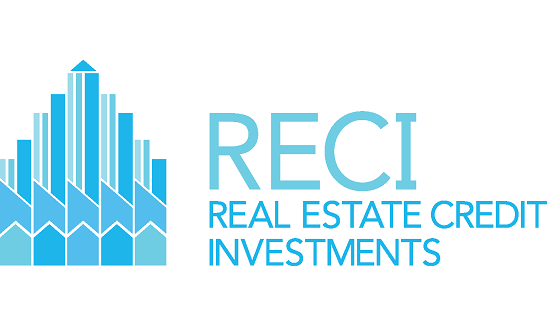Some asset classes draw focus with volatility or velocity. Real estate operates on a different rhythm, one rooted in physical presence, policy constraints, and enduring demand. It doesn’t shift on headlines or sentiment alone, but moves in step with population flows, infrastructure cycles, and the slow reconfiguration of how people live and work. For investors thinking beyond the quarter, this consistency offers something increasingly valuable: dependable exposure to change that actually matters.
At its core, real estate appeals because it remains anchored in utility. A building is not just an asset, it’s a platform for commerce, shelter, logistics, or community. It produces income in the form of rent, while offering potential for capital appreciation over time. Unlike financial instruments that rely purely on pricing or speculation, property generates returns through use, embedded in the real economy. This alignment with real-world activity gives the asset class an innate resilience, particularly in uncertain macro conditions.
For diversified portfolios, real estate plays a unique role. Its correlation to equities and fixed income is typically modest, making it a useful counterbalance in times of market stress. During inflationary periods, property values and rents often adjust upward, helping to preserve purchasing power in a way many traditional instruments cannot. That inflation sensitivity is structural, leases that reset, land that grows scarcer, and physical improvements that appreciate with time. It’s not a hedge by design, but it behaves like one in practice.
Real estate also offers access across a spectrum of strategies and geographies. From core office assets in established capitals to logistics parks on the edge of high-growth urban sprawl, the market accommodates both defensive and opportunistic capital. Investors can engage directly through asset ownership, or indirectly through structures such as REITs, which provide access to professional management and liquidity. The rise of listed vehicles has broadened participation, but has not diluted the underlying fundamentals, location, supply constraints, and tenant quality still drive outcomes.
What sets real estate apart is how local nuance continues to matter. In a world increasingly driven by global flows and algorithmic models, property remains deeply tied to place. The best-performing assets are often those situated in sub-markets that benefit from demographic shifts, zoning changes, or new transport links. These are insights that don’t show up in data feeds, but do show up in yield spreads, tenant retention, and long-term value creation. It’s an asset class where proximity and research can still confer real advantage.
Recent structural shifts have brought new attention to the sector. The reshaping of retail, the evolution of office demand, and the surge in logistics requirements have forced a rethinking of traditional allocation models. But where some see dislocation, others see repositioning. Industrial assets near major transit corridors have found renewed pricing power. Residential developments in supply-constrained cities continue to attract capital. Mixed-use formats are blending liveability with commercial viability, capturing lifestyle trends that are unlikely to reverse.
Real estate is also adapting to global challenges. The push toward sustainability has turned environmental credentials from optional to essential. Green buildings are now commanding rental premiums, and energy efficiency is no longer just a cost consideration, it’s a competitive edge. This isn’t merely about regulatory compliance, but about aligning with tenants who themselves are seeking sustainable footprints. For long-horizon investors, assets that integrate ESG thinking are increasingly proving more durable across cycles.
The investment case, then, is not built on spectacle or speed. It’s based on presence, adaptability, and the long arc of human behaviour. Real estate may not offer the thrill of short-term gains, but it enables capital to be placed into assets that serve an ongoing function, ones that evolve slowly, but rarely lose relevance. For those allocating with a multi-decade view, the appeal lies in this structural persistence, compounded by the steady reinvention of how space is used.
Real Estate Credit Investments Limited (LON:RECI) is a closed-end investment company that specialises in European real estate credit markets. Their primary objective is to provide attractive and stable returns to their shareholders, mainly in the form of quarterly dividends, by exposing them to a diversified portfolio of real estate credit investments.






































